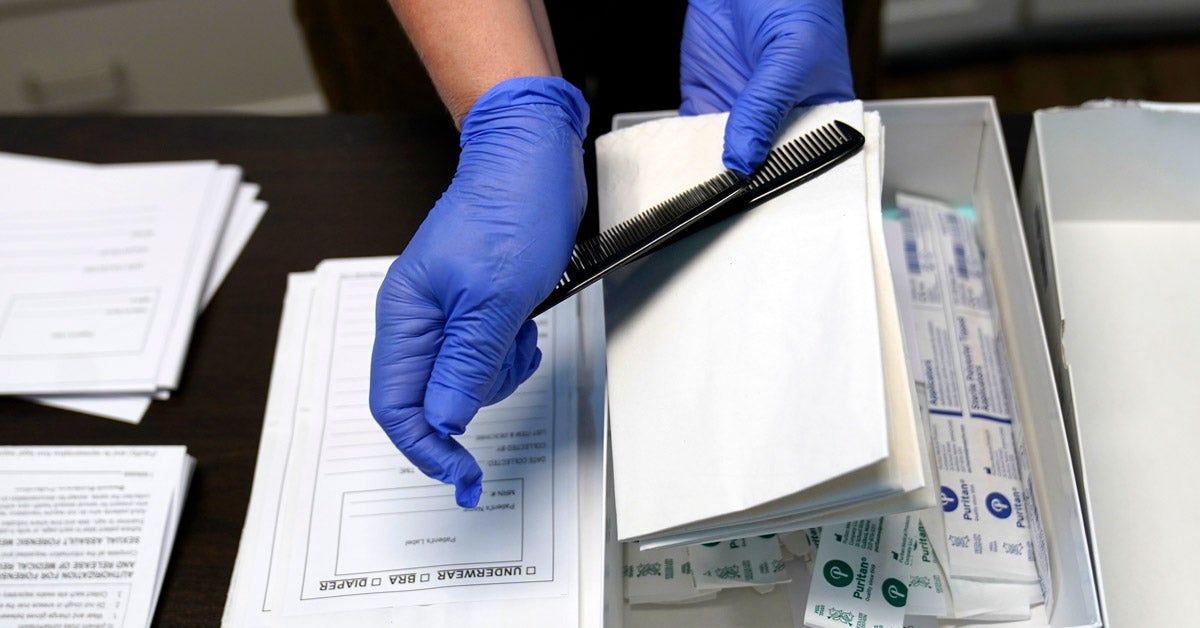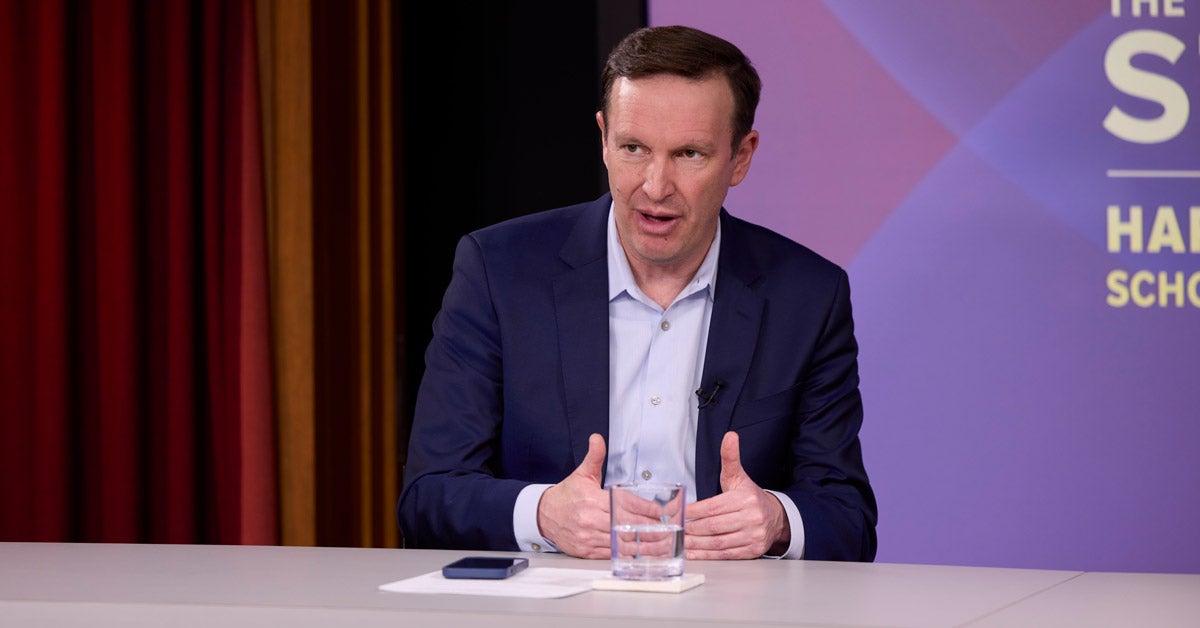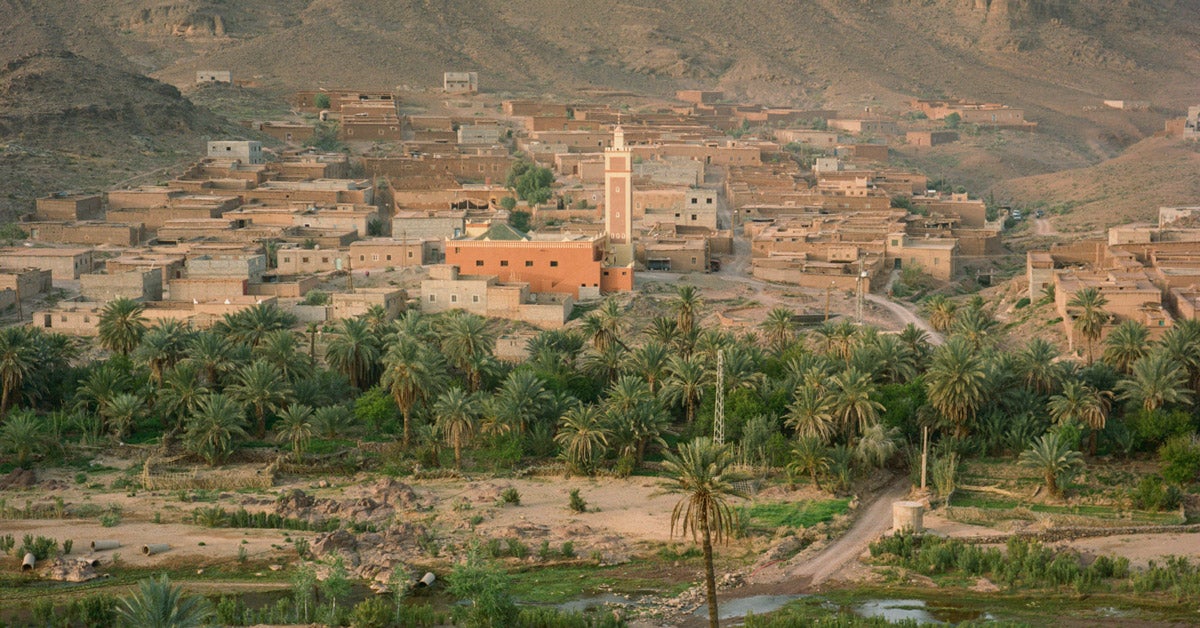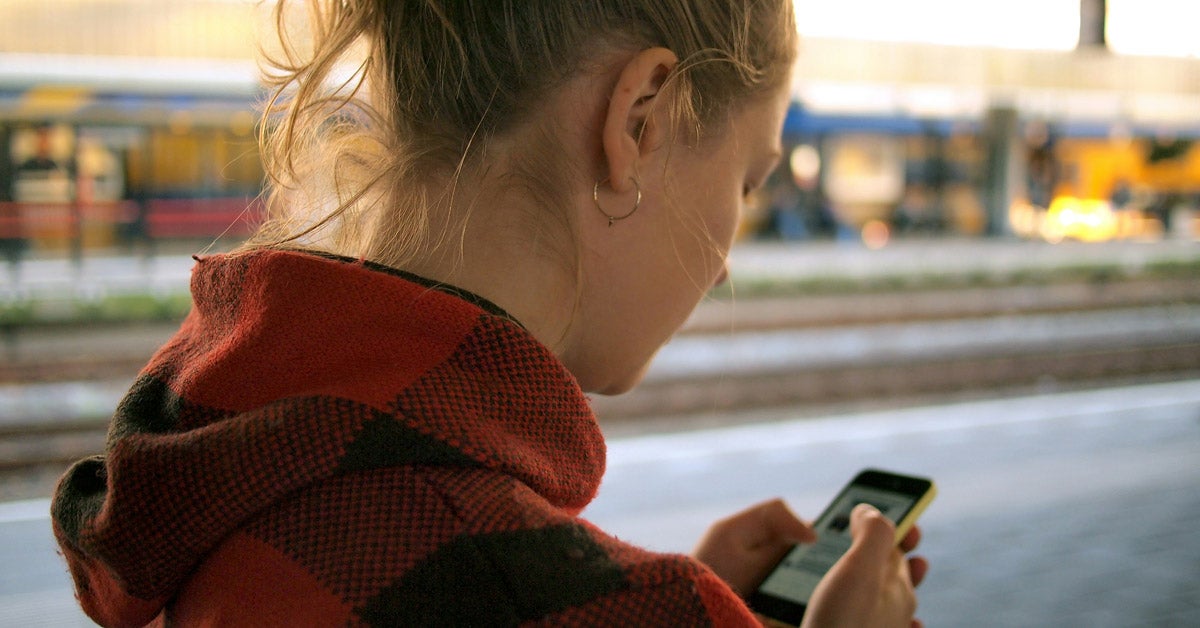Newsletter
HPH Weekly: How can a rape kit hackathon lead to better social justice?
This edition of Harvard Public Health Weekly was sent to our subscribers on March 7, 2024. If you don’t already receive the newsletter, subscribe here. To see more past newsletters, visit our archives.
How can a rape kit hackathon lead to better social justice?

While other forensic tools have leapt into the digital age, the rape kit—a ubiquitous but overlooked instrument—remains stuck in the 1970s. Reforming the kit is overdue, argues Pagan Kennedy, author of the forthcoming The Secret History of the Rape Kit. She cites backlogs of untested kits and troubling racial disparities in investigations as just two reasons for a reform effort. Could a hackathon—like the one MIT Media Lab used to give the breast pump a modern-day boost—be the answer?
Senator Chris Murphy on loneliness and social media

Chris Murphy has made loneliness one of his primary policy issues. The Democratic senator from Connecticut tells HPH Editor-in-Chief Michael Fitzgerald that government inaction regarding social media is one of the culprits behind what Surgeon General Vivek Murthy last year called an “epidemic of loneliness.”
Climate change in Moroccan oases

As Morocco’s drought enters its sixth year, photographer M’hammed Kilito highlights the challenges water scarcity brings to life across the country’s oases. His ongoing photo project, “Before it’s gone,” showcases poignant images of people whose livelihoods, culture, and day-to-day rituals are upended as the earth around them dries up.
Cutting social media cravings

More than half of U.S. teenagers say they feel like they’re addicted to their devices. But healthy social media use is possible, say Annie Margaret and Nicholas Hunkins, researchers at University of Colorado Boulder. The authors highlight the challenge of defining “problematic” social media use and discuss a study of a four-week intervention that appeared to decrease social media addiction among college students.
What we’re reading this week
- Institutional ethics committees move too slowly, critics say | Undark Magazine
- Keep PFAS out of your sex life | Environmental Health News
- Climate change is undoing decades of progress on air quality | Grist
- How the U.S. is sabotaging its best tools for preventing deaths in the opioid epidemic | STAT
- A brief history of sexism in medicine | The New York Times
